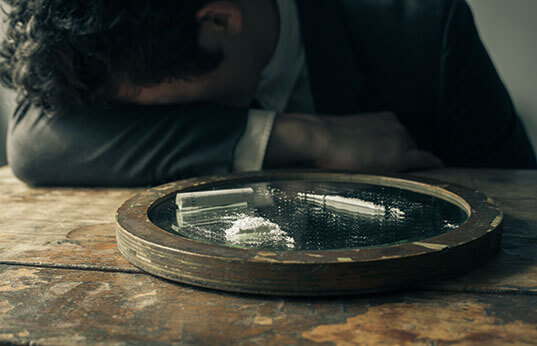
Body adapts to cocaine rather quickly and after a while, it is very hard to stop using it. The withdrawal symptoms are almost impossible to overcome without the professional help. When a person stops using cocaine, or even decreases the dosage, multiple symptoms appear, both physical and mental.
By consuming this drug, a strong sense of euphoria is created and a person feels instant happiness and joy. When the usage stops, the body goes through a painful crash and craves the drugs.
Some of the most common effects and symptoms of cocaine abuse include: irritability, strong anxiety, paranoia, high blood pressure, fatigue, restlessness, severe cardiac issues and death.
Alongside affecting the physical side majorly, cocaine also targets psychological condition of an addict. Once the withdrawals hits and a person is stripped down of the feeling of euphoria and a continual flood of “happy” neurotransmitters. They start feeling lost, helpless and depressed. Many people deal with suicidal thoughts and there is a high risk of a suicide attempt during this period. Which is why it’s important for an addict to be supervised at this time.
Even though cocaine withdrawal doesn’t have visible symptoms like heroin withdrawal for example, and a person doesn’t go through difficulties with vomiting and shaking. Cocaine withdrawals are still extremely difficult to overcome without professional help. There are more and more calls to emergency rooms associated with cocaine abuse and cocaine related emergencies.
